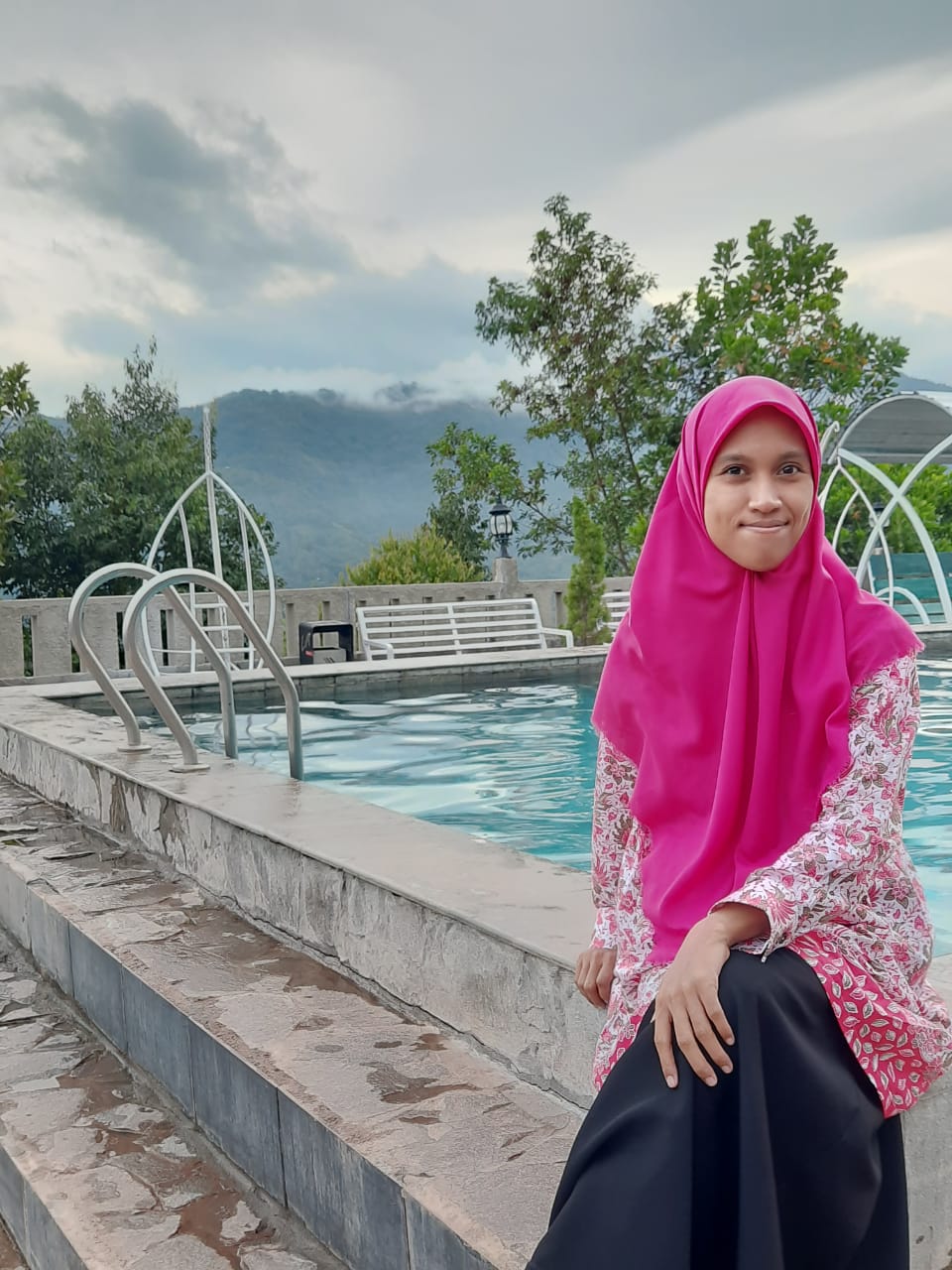The Implementation of WhatsApp Group in An EFL Classroom
DOI:
https://doi.org/10.46870/lets.v3i1.89Keywords:
Keywords: WhatsApp, EFL Classroom, Pandemic Covid-19Abstract
This research aims to see the implementation of WhatsApp media in EFL Classroom. Researcher used qualitative descriptive data collection through observation to see the learning process that took place in WhatsApp group, then interviewed students and teacher, and finally documentation. Data analysis techniques in this research are data reduction, data presentation and conclusion drawing. From the research results, it can be seen that the learning process is divided into three stages, namely: 1) Planning, 2) Implementation which is divided into three stages, namely: opening, core and closing activities and 3) evaluation. In this case, students can still participate in the learning process using WhatsApp group and easily accessible, save quota and also have various features that teacher can choose to use in the learning process such as WhatsApp groups, chat messages, document files, videos or photos. In addition, there are still obstacles that faced by teacher and students such as teacher cannot observe directly, learning is not optimal, poor internet network, full cellphone memory or lack of understanding of the material.
References
Ahmed, S. T. S. (2019). Chat and learn: Effectiveness of using whatsapp as a pedagogical tool to enhance efl learners’ reading and writing skills. International Journal of English Language and Literature Studies, 8(2), 61–68. https://doi.org/10.18488/journal.23.2019.82.61.68
Anjani, A., Ratnamulyani, I. A., & Kusumadinata, A. A. (2018). Penggunaan Media Komunikasi Whatsapp Terhadap Efektivitas Kinerja Karyawan. Jurnal Komunikatio, 4(1), 41–50. https://doi.org/10.30997/jk.v4i1.1211
Bararah, I. (2017). Efektifitas Perencanaan Pembelajaran dalam Pembelajaran Pendidikan Agama Islam di Sekolah. Jurnal MUDARRISUNA, 7(1), 131–147.
Bouhnik, D., & Deshen, M. (2014). WhatsApp Goes to School: Mobile Instant Messaging between Teachers and Students. Journal of Information Technology Education: Research, 13, 217. https://doi.org/10.28945/2051
Dewi Mustikawati& Widyaningrum Lulut. (2018). Pendamingan Penguatan Literasi Bahasa Inggris Anak Melalui “Multiple Stories-reading.” 18(21), 1–9.
Fattah, S. F. E. S. A. (2015). The Effectiveness of Using WhatsApp Messenger as One of Mobile Learning Techniques to Develop Students’ Writing Skills. Journal of Education and Practice, 6(32), 115–127. http://libezproxy.open.ac.uk/login?url=http://search.ebscohost.com/login.aspx?direct=true&db=eric&AN=EJ1083503&site=ehost-live&scope=site
Gamji, M. B., & Salman, J. H. (2019). Use of WhatsApp as a Learning Tool in Today ’ s Generation: A study of Undergraduate Students. International Journal of Information Processing and Communication, 7(1), 11. https://www.academia.edu/39622711/Use_of_WhatsApp_as_a_Learning_Tool_in_Todays_Generation_A_study_of_Undergraduate_students?auto=bookmark
Indaryani, E., & Sulisworo, D. (2018). Dampak pemanfaatan Whatsapp dalam meningkatkan motivasi belajar pada materi fisika. Papers Seminar Nasioanal Quantum, 25, 25–31.
Mahnun, N. (2012). Media Pembelajaran (Kajian terhadap Langkah-langkah Pemilihan Media dan Implementasinya dalam Pembelajaran). An-Nida’, 37(1), 28.
Manan, N. A. (2017). Whatsapp Mobile Tool in Second Language Learning. Indonesian EFL Journal, 3(1), 87. https://doi.org/10.25134/ieflj.v3i1.657
Nihla Afdaliah1, Uswatunnisa2, R. M. S. (2019). Inspiring : English Education Journal THE USE OF GOOGLE DOCSTO IMPROVESTUDENTS ’ WRITING ABILITY Inspiring : English Education Journal. 2(1), 73–82.
Novita Diana, R. A. H. (2020). Plus Minus Penggunaan Aplikasi-Aplikasi Pembelajaran Daring Selama Pandemi Covid-19. Unimed Medan, June, 1–11.
Nursyaidah. (2019). Metode Sugesti-Imajinasi Dalam Pembelajaran Menulis Dengan Media Lagu. Forum Paedagogik, 11(1), 89–100. https://doi.org/10.24952/paedagogik.v11i1.1781
Piskurich M George. (2003). Getting the Most from Online Learning: A Learner’s Guide. Book, 9–10.
Raco, J. (2018). Metode penelitian kualitatif: jenis, karakteristik dan keunggulannya. 56, 56. https://doi.org/10.31219/osf.io/mfzuj
Sri wahyuni, K. F. (2019). The use of WhatsApp group discussion to improve students’ writing achievement. Indonesian Educational Administration and Leadership Journal (IDEAL) 1(1), 45-51 (2019), 126(1), 1–7.
Supriyadi, G. (2011). Pengantar & Teknik Evaluasi Pembelajaran. Book, Malang, 1–185.
Downloads
Published
Issue
Section
License
Copyright (c) 2021 Selvianah Selvianah, Achmad Taqlidul Chair Fachruddin, Nihla Afdaliah

This work is licensed under a Creative Commons Attribution-NonCommercial-ShareAlike 4.0 International License.












